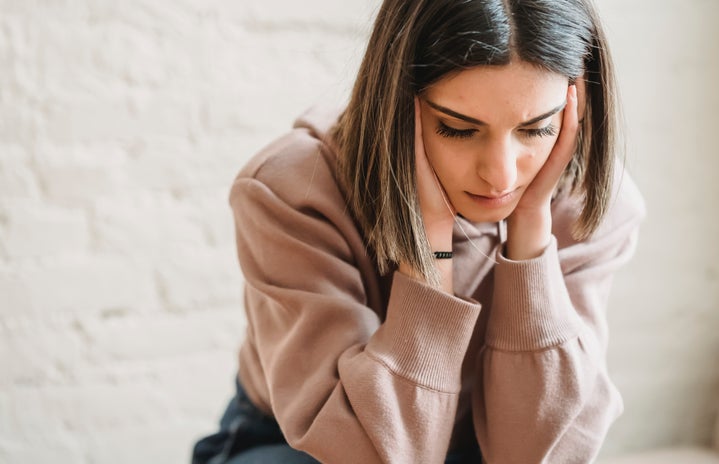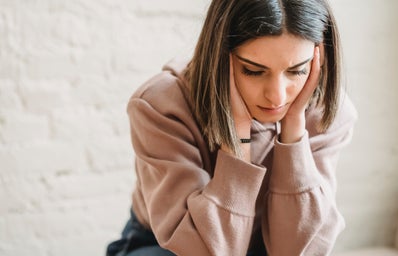Has someone ever told you to “take a deep breath,” when you are feeling anxious or upset? Has it worked for you? For me, taking a deep breath and letting it out never did the trick. Turns out, I was just doing it all wrong.
Why does breathing help calm anxiety? First we must look at where anxiety’s spiraling comes from. The prefrontal cortex of the brain is the part that controls your reactions to things. On an everyday basis, you can react to situations in a variety of ways. However, if you are overcome with anxiety or have been diagnosed with an anxiety disorder, this can backfire. Anxiety often causes you to breathe shallowly. When you don’t get enough oxygen by breathing normally, your frontal lobe doesn’t receive what it needs to function properly. With a lack of oxygen, your normally versatile ability to react to different experiences is cut down to a basic and primal; response: fight or flight.
And for us anxious people, that means spiraling.
Once you’ve switched into fight or flight, you have very little options to help yourself. Anxious people will often argue with friends and family they care for, cause problems, or become exceedingly negative towards themselves. They will try to fight, or they will try to hide away.
So how do we fix this spiraling, or stop the anxiety before it gets too far?
To do this, we need to get more oxygen into the brain. A few deep breaths may work for some, but for the over-anxious, we need a little more. Try inhaling and then holding your breath (with full lungs) for seven seconds, and let it out slowly. Then, do it nine more times.
This extended breathing technique has saved many of my relationships, including the one I have with myself. Forcing my frontal lobe full of oxygen allows me more clarity of thought, and an ability to conquer my reactions to stressful situations. Taking control of my anxiety through breathing and medication has improved my life significantly—and both are equally important to my journey. Only you can determine if medicine, more natural remedies, or a combination of both is the key to your control over anxiety. However, I hope this breathing exercise can help.


